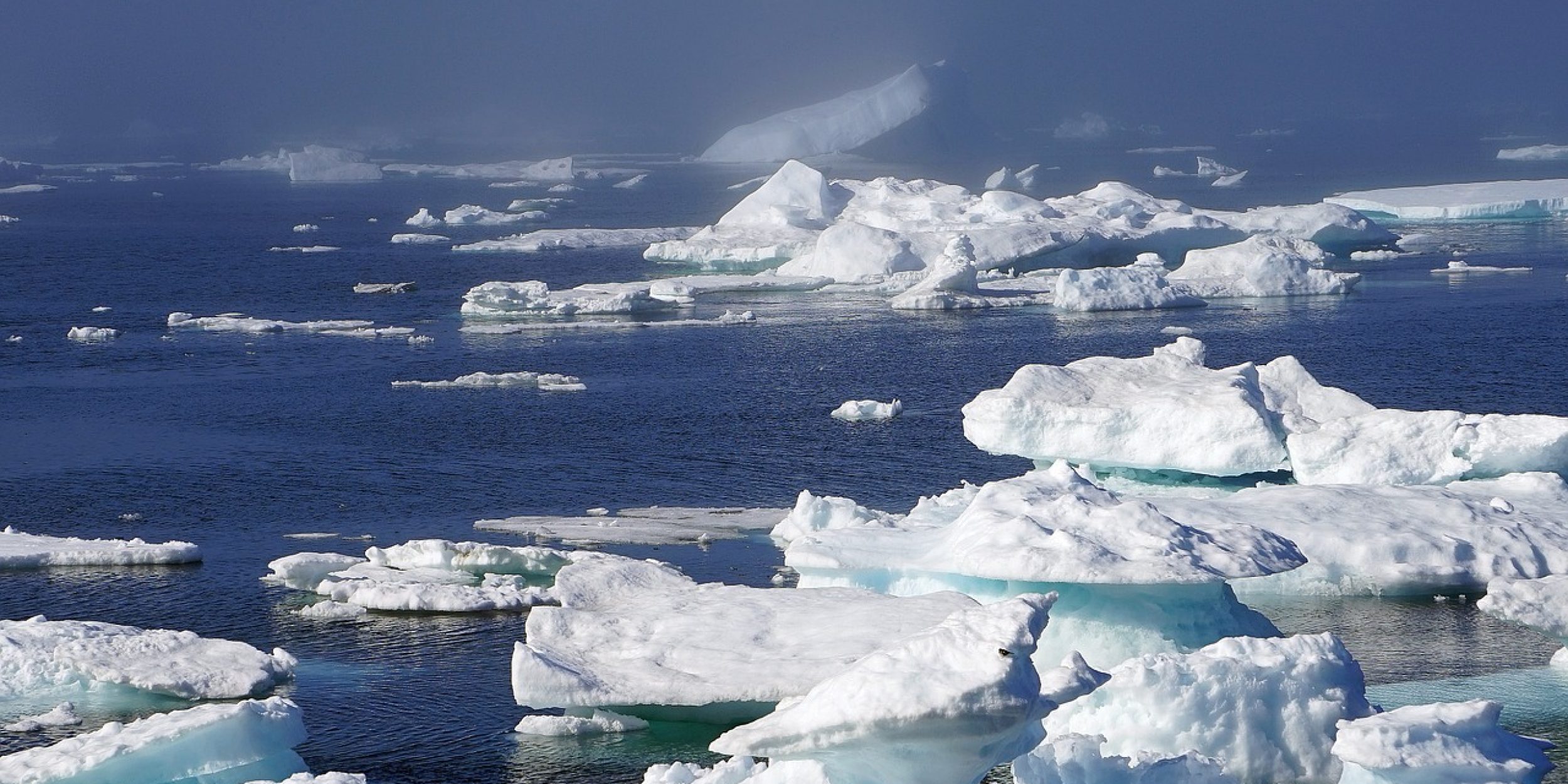Arctic amplification—the enhanced warming in the Arctic under greenhouse gases—is attributed mainly to Arctic sea ice loss and the climate feedback processes associated with it. However, the relationship is unclear. Questions remain regarding whether sea ice loss amplifies Arctic climate feedback which then amplifies Arctic warming, or whether any climate feedbacks are a cause rather than a result of Arctic amplification. University at Albany researchers Matthew Jenkins and Aiguo Dai, funded in part by CPO’s Climate Observations and Monitoring (COM) program, help solve this chicken and egg problem in a recent study published as an early online release in Geophysical Research Letters.
During the summer, melting sea ice exposes more ocean to the sun, increasing ocean absorption and heat storage. In the winter, even as the atmosphere cools, heat from the unfrozen ocean surface rises to warm the lower troposphere. Jenkins and Dai used two climate models simulating a 1% per year increase in atmospheric carbon dioxide (CO2), one with sea ice loss and one without, to study the relationship between sea ice loss and climate feedback. Comparing outcomes between the two models allowed Jenkins and Dai to quantify the impact of sea ice loss on Arctic feedback processes. They found that the strength of Arctic climate feedback depends on sea ice loss and the associated surface warming and albedo change. Without large sea ice loss, the majority of the feedback processes are weakened, leading to smaller Arctic warming. With sea ice loss, while the cooling effects of the clouds in the summer are enhanced, the surface absorption of solar energy is also heightened. In the winter, sea ice loss increases the release of heat from the ocean to the atmosphere.
Sea ice loss itself is accelerated by greenhouse-gas-induced warming, which leads to positive surface albedo feedback in the summer and a moderate positive cloud feedback in the winter, which both likely result in Arctic amplification. Jenkins and Dai also determined that the other climate feedbacks studied were not major causes of Arctic amplification, though they also recommend additional model simulations to validate their findings.



